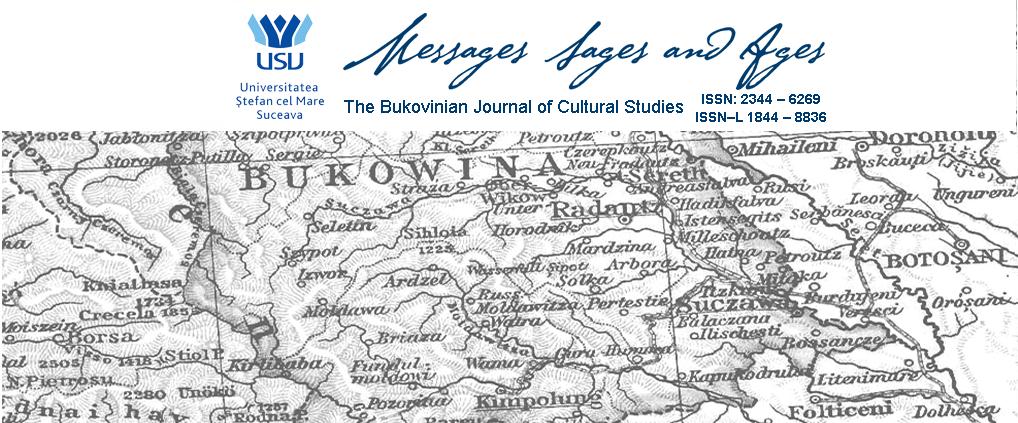Editor: Onoriu Colacel
WRITING ABOUT NATURE: AN ECOCRITICAL AND TECHNOBIOPHILIAC PERSPECTIVE – Josie Arnold
This article explores how the theoretical perspectives of ecocriticism and technobiophilia may give us interesting insights into various modes of writing nature from literary to digital and the lived experience. I discuss how we humans are part of nature and…
SELF AND SPACE IN AFTER-POSTMODERNISM: LATİFE TEKİN’S “MANVES CITY” AND JENNI FAGAN’S “THE PANOPTICON” – Hilal Kaya
As we are starting the third decade of the 21st century, there are some cultural shifts in our current condition. The forces that once drove postmodernism seem to be mutating and diminished. Whether it is a matter of mutation or…
THE TOWER OF SUCEAVA AND THE DYNAMICS OF ETHICAL IMAGINATION IN POSTMODERN URBAN SPACES – Mariana Boca
In this article we evoke the story and interpret the symbolism of a marginal, anonymous postmodern Romanian tower, but strongly significant through its particular history. The question we raise is how the mental well-being, the inner comfort of the person…
WOMEN’S CONDITION AND SOCIAL EXPECTATIONS: FEMALE CHARACTERS IN SYLVIA PLATH’S “THE BELL JAR” AND SILVIU ANGELESCU’S “THE FORGERERS” – Simina-Ioana Anton
Silvia Plath’s The Bell Jar is the story of Esther Greenwood. She struggles to overcome the expectations of the 1950’s American society, as she explores her sexuality, breaks down taboos and questions well-established gender roles. Silviu Angelescu’s The Forgerers showcases…
